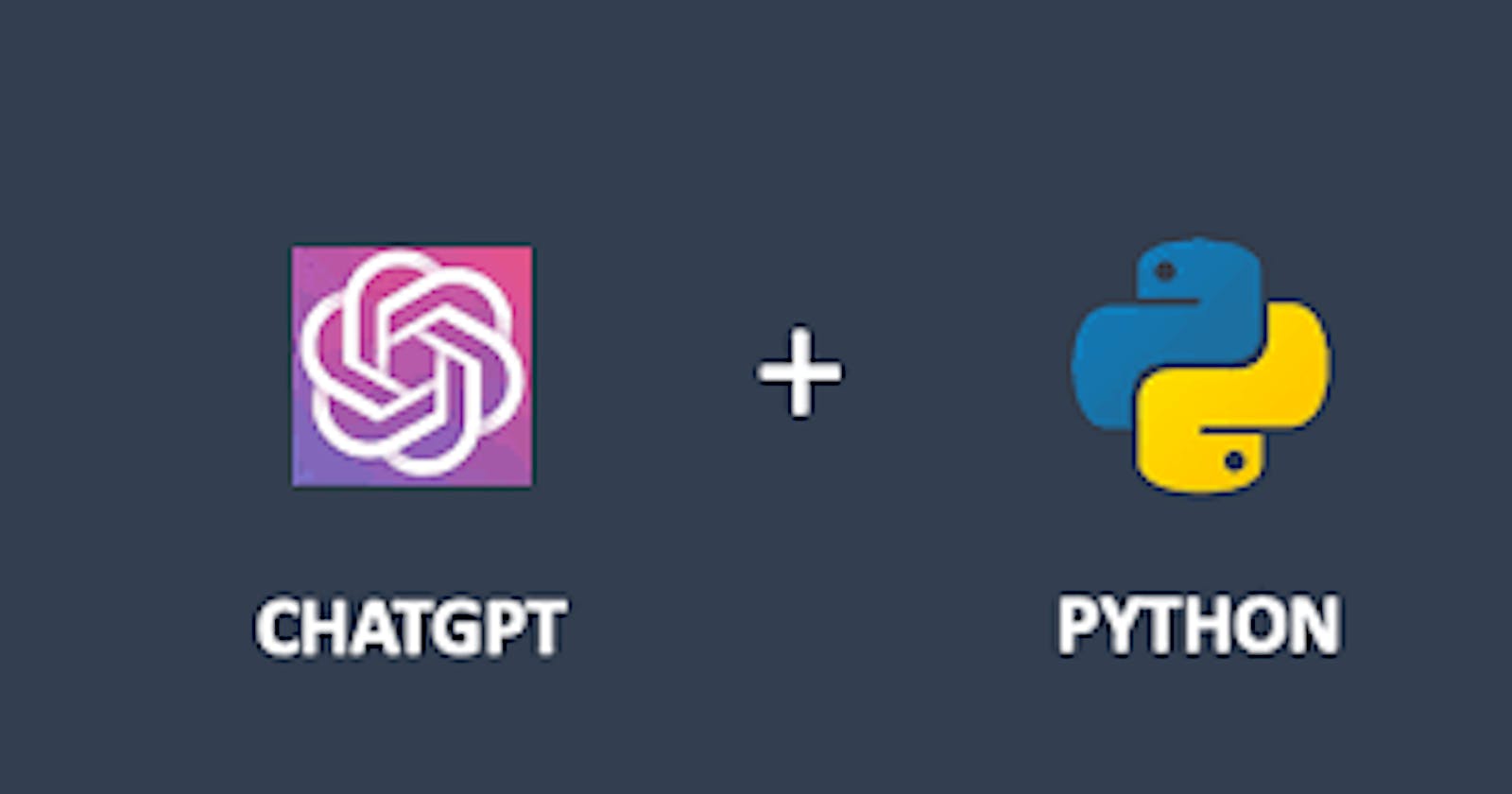Using the OpenAI GPT-3 (which powers ChatGPT) to predict possible results from events involving two parties.
Introduction:
we'll demonstrate how to use Python along with the OpenAI GPT-3 library to predict possible outcomes from events involving two parties. This approach utilizes the power of language models to generate speculative results based on input data. Keep in mind that predictions generated by models like GPT-3 are speculative and should not be considered factual predictions.
Problem Statement:
Given a scenario involving two parties and a specific context, predict possible outcomes or responses from both parties.
Solution:
We'll use the OpenAI GPT-3 library to generate text-based predictions based on the input provided.
import openai
# Replace 'YOUR_API_KEY' with your actual OpenAI API key
openai.api_key = 'YOUR_API_KEY'
def predict_event_outcomes(prompt):
response = openai.Completion.create(
engine="text-davinci-003", # GPT-3 engine
prompt=prompt,
max_tokens=100
)
return response.choices[0].text.strip()
def main():
event_scenario = (
"Imagine a scenario where Party A and Party B are negotiating "
"a business deal. Party A proposes to lower the price, while "
"Party B is concerned about profit margins. Predict how Party B "
"might respond to this proposal."
)
predicted_response = predict_event_outcomes(event_scenario)
print(predicted_response)
if __name__ == "__main__":
main()
Explanation:
Import the
openailibrary and set your OpenAI API key.Define the
predict_event_outcomesfunction, which takes a prompt as input and uses the GPT-3 engine to generate a response.In the
mainsection, define the event scenario as a prompt.Call the
predict_event_outcomesfunction with the event scenario prompt and print the generated response.
Conclusion:
Using Python and the GPT-3 library, you can generate speculative outcomes from events involving two parties.
